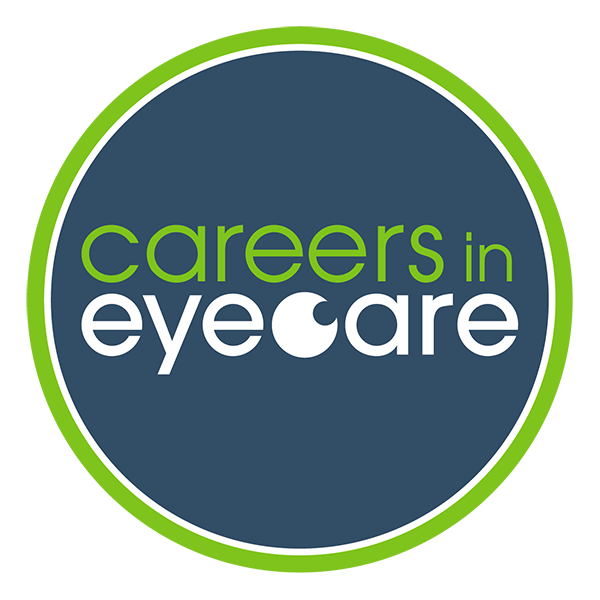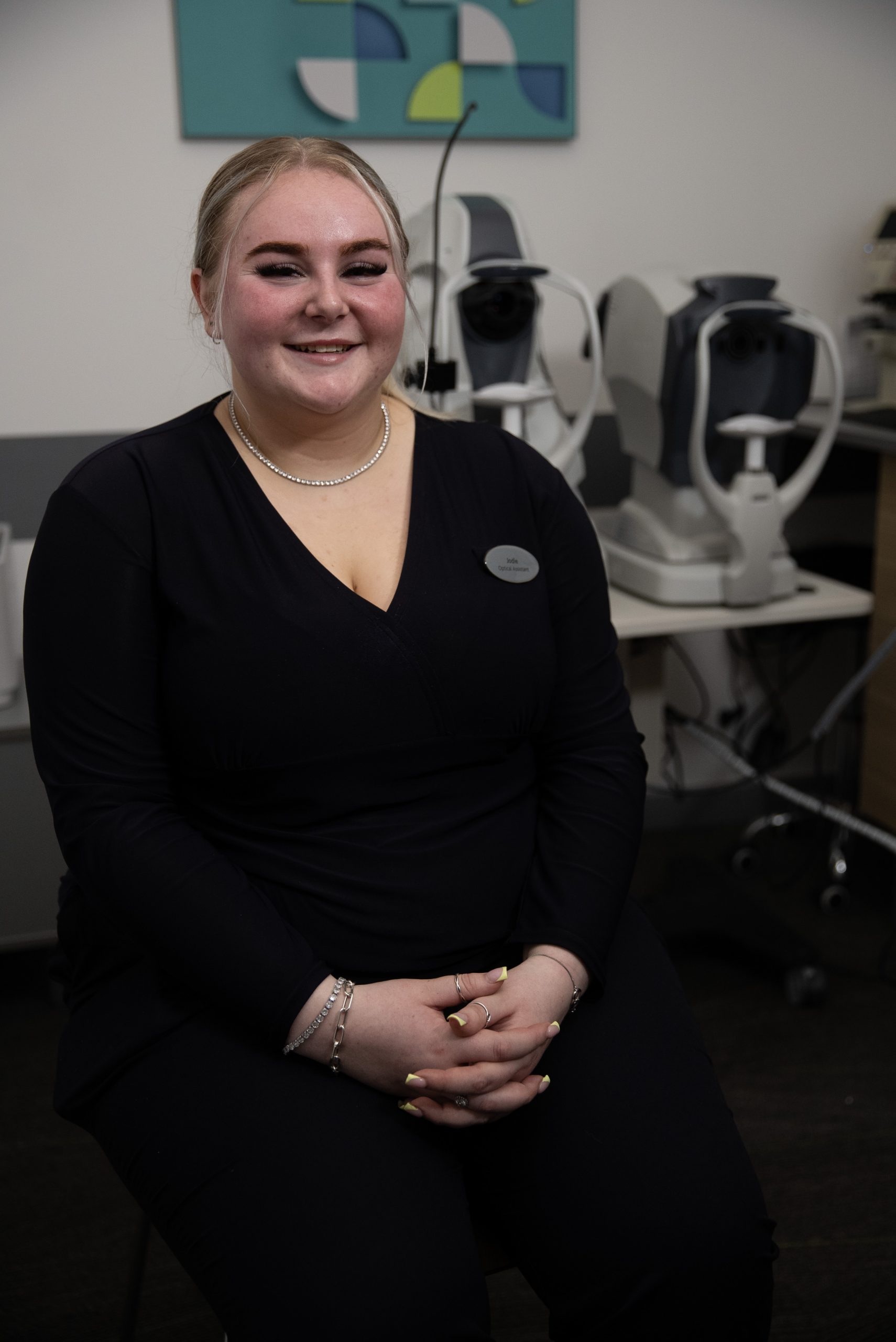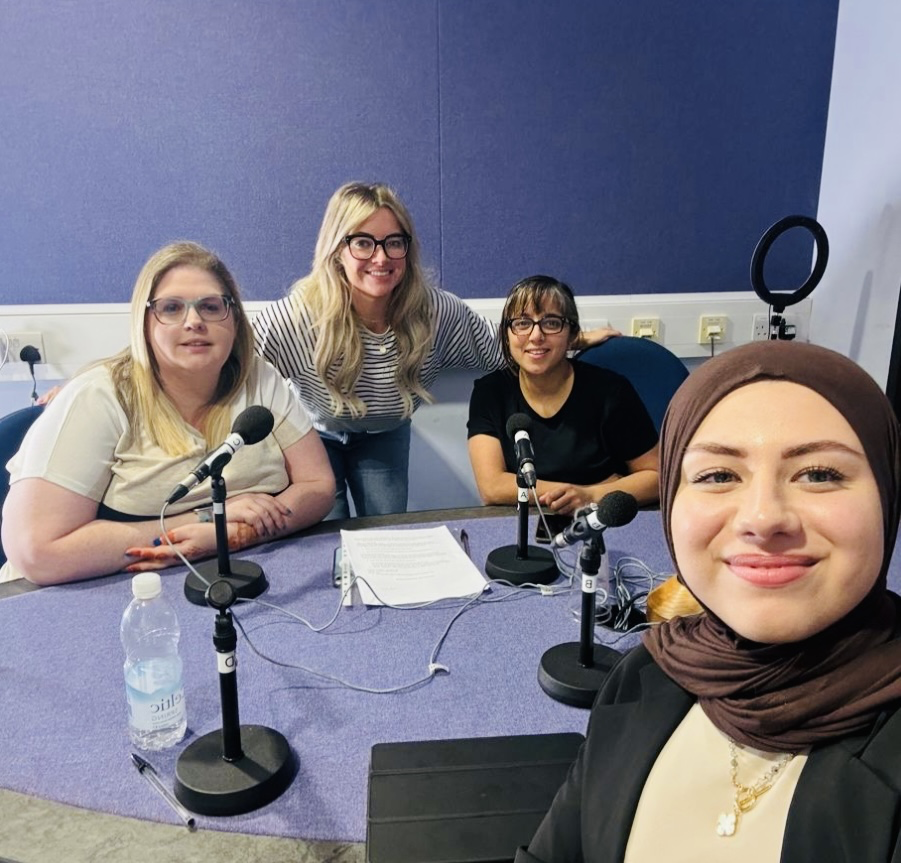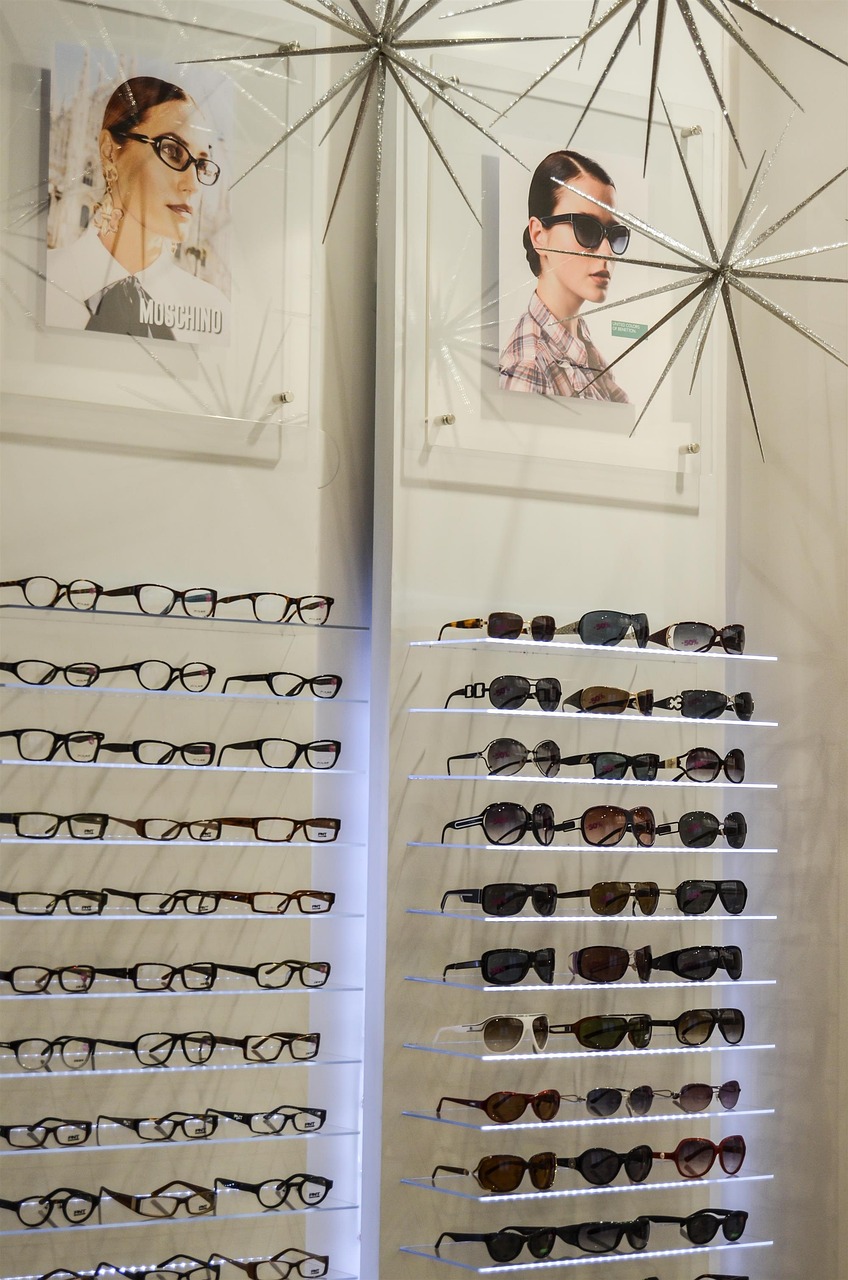The Extended Project Qualification (EPQ) is a standalone qualification, designed to develop students beyond the usual Level 3 course and to prepare you for university or your future career. It's worth half an A-level. You choose your own topic and title, with guidance from teachers. This is an independent project, a chance to really dig deeply into an area that interests you. What is an EPQ? The EPQ can be: a dissertation – a 5,000 to 6,000-word piece of writing…










